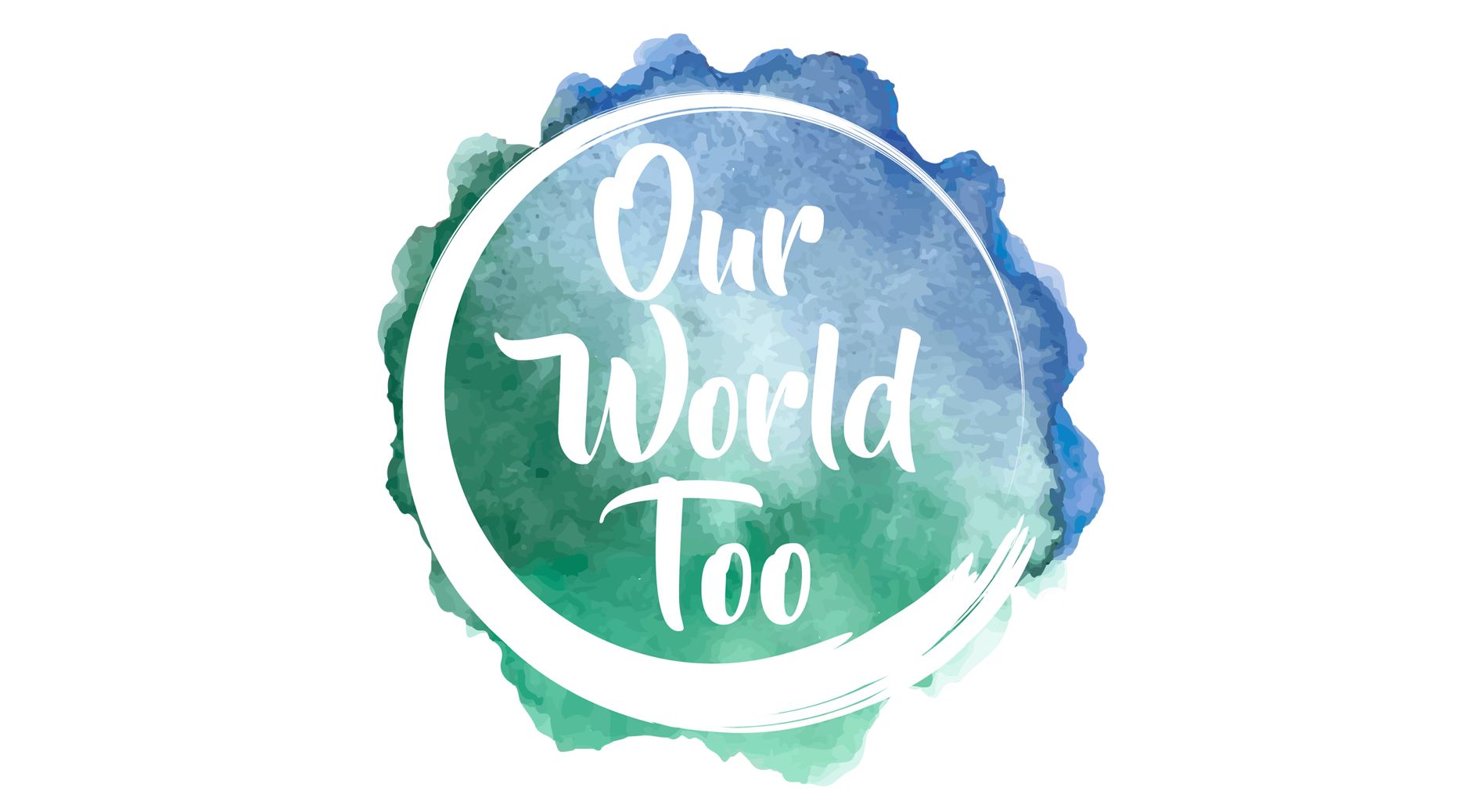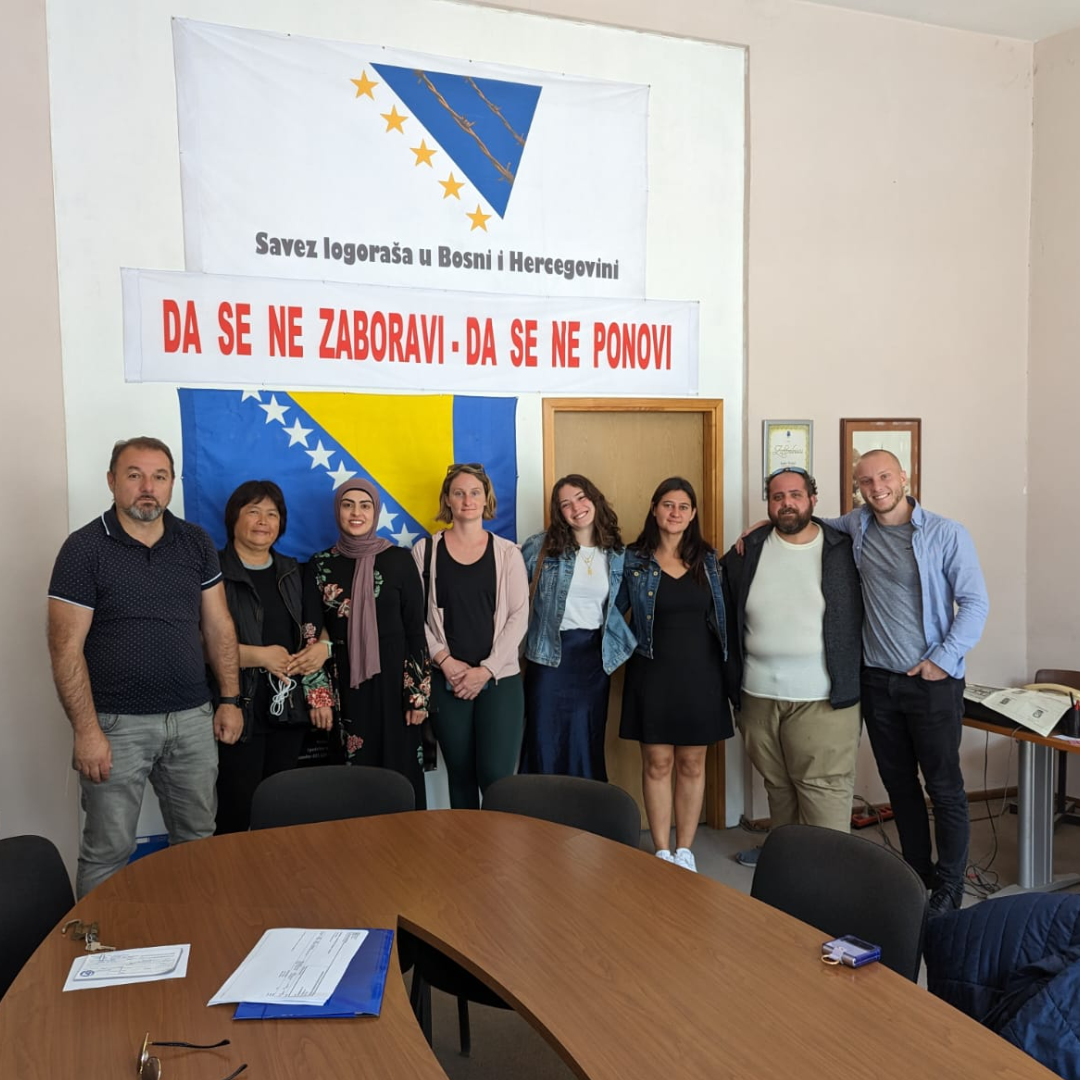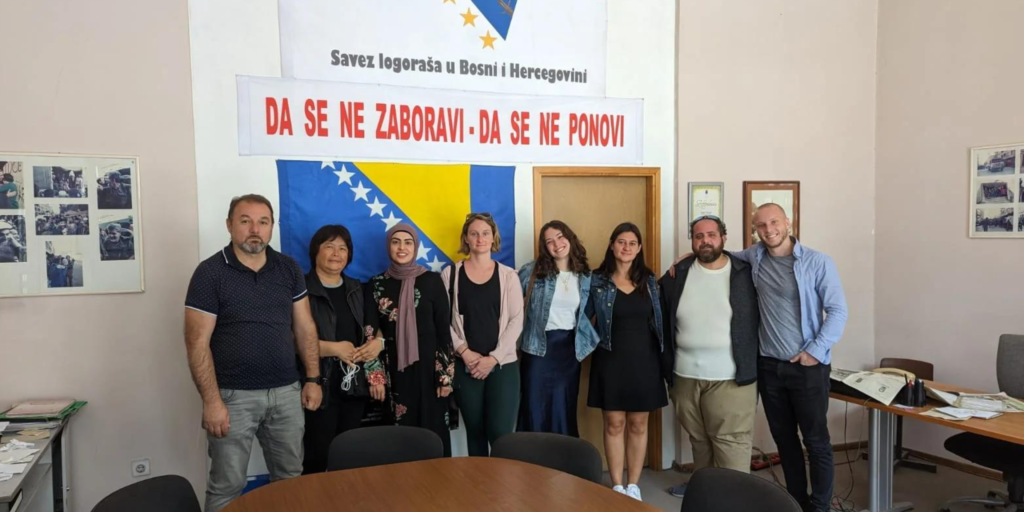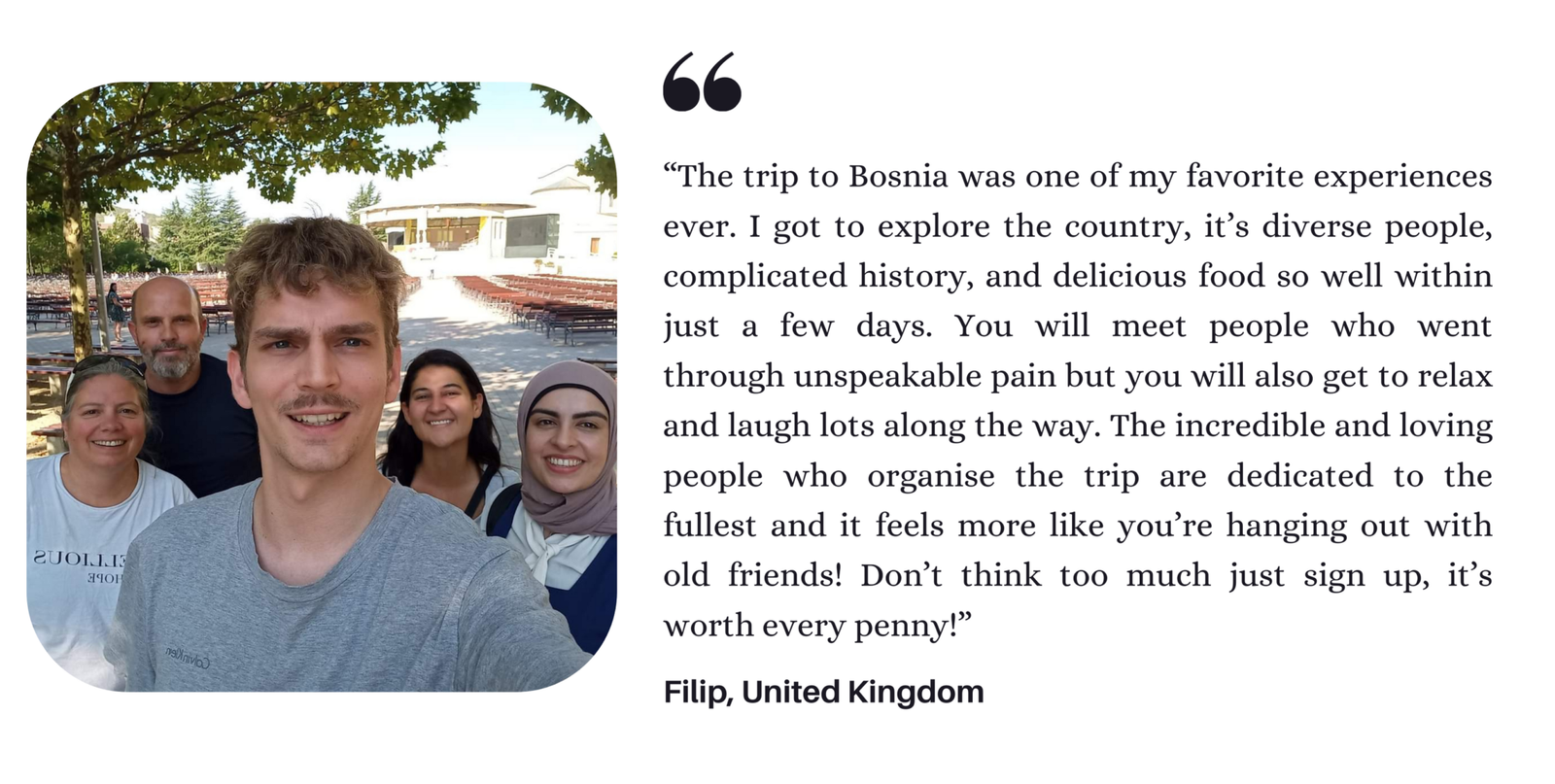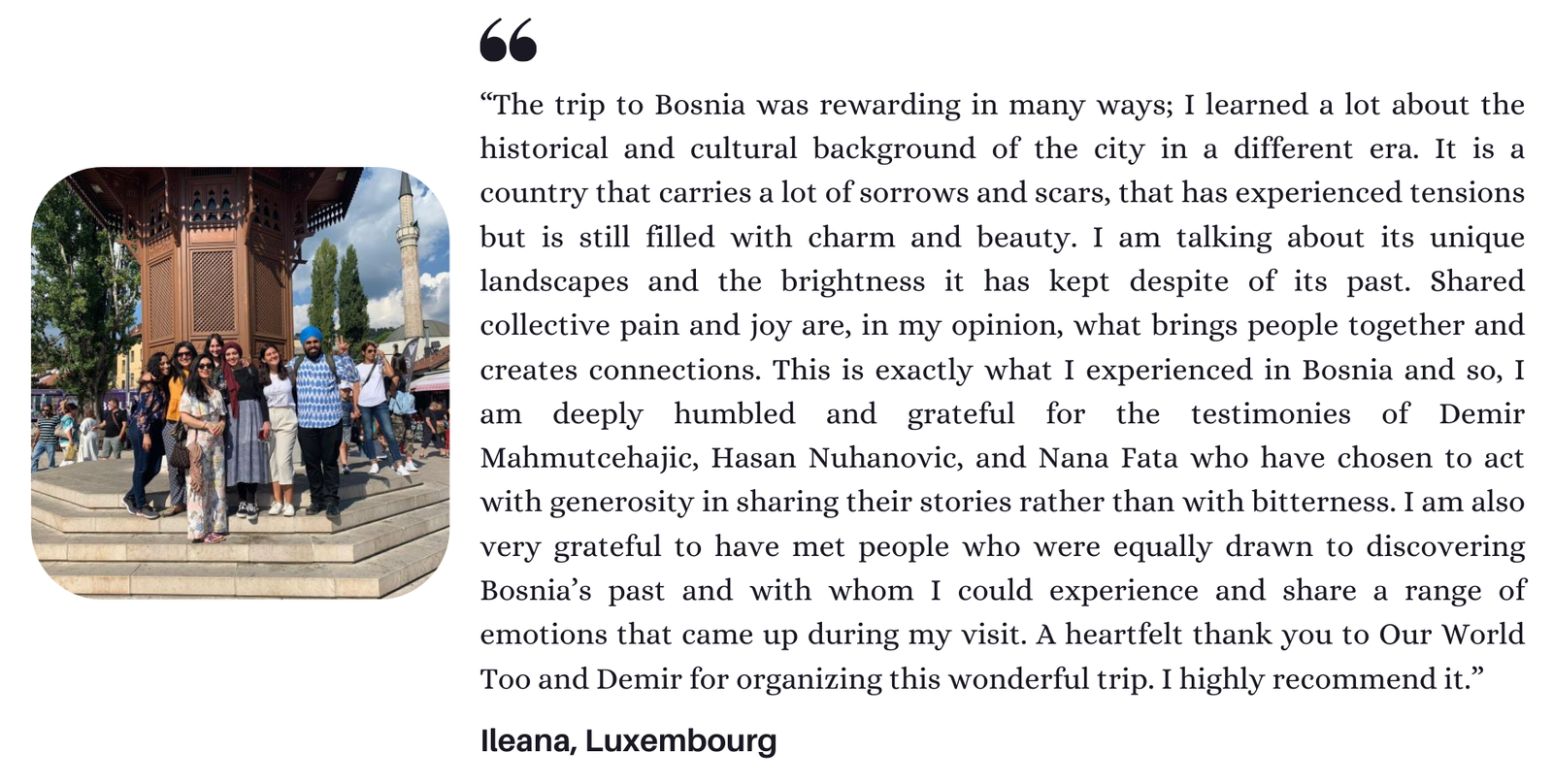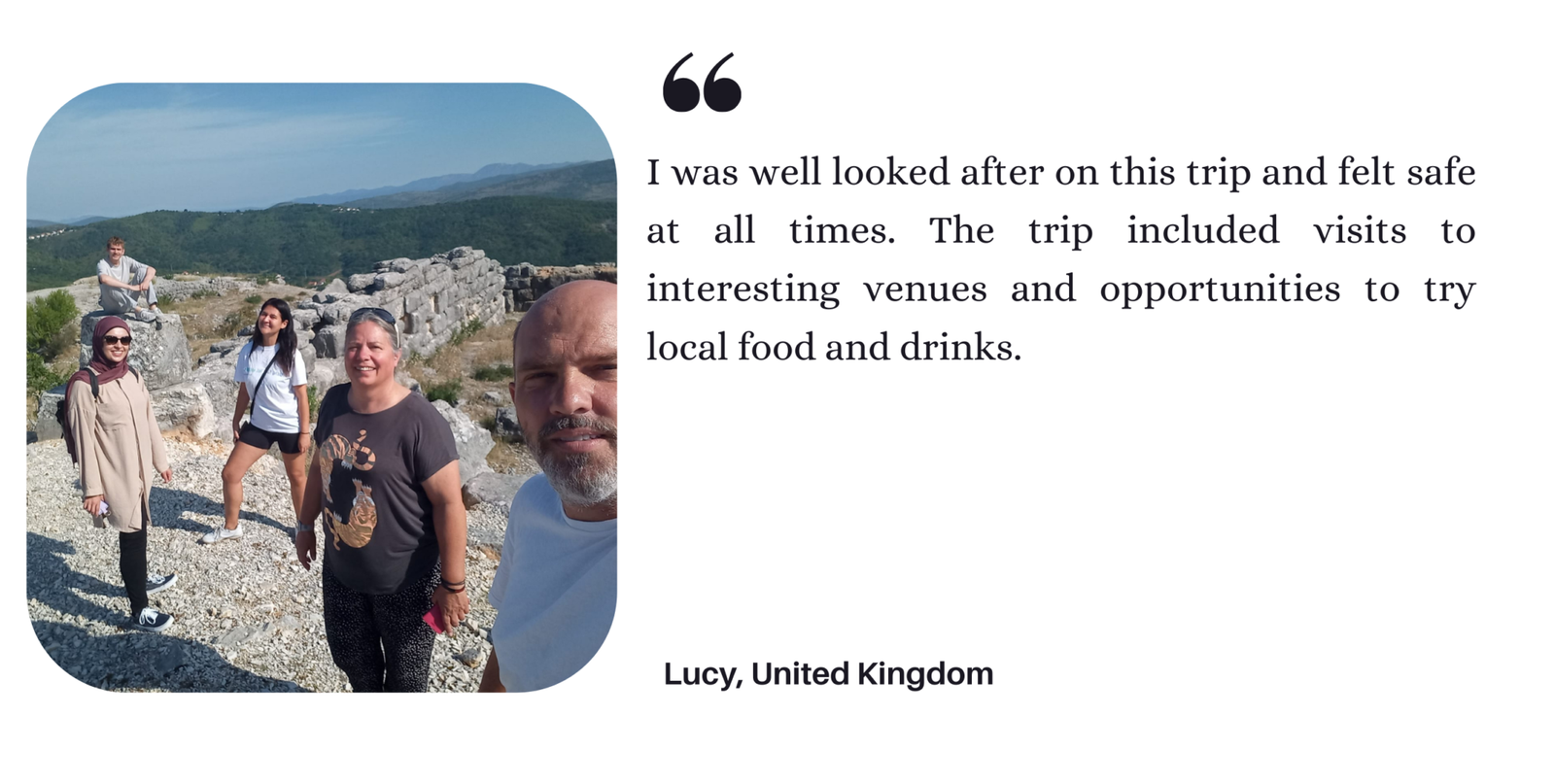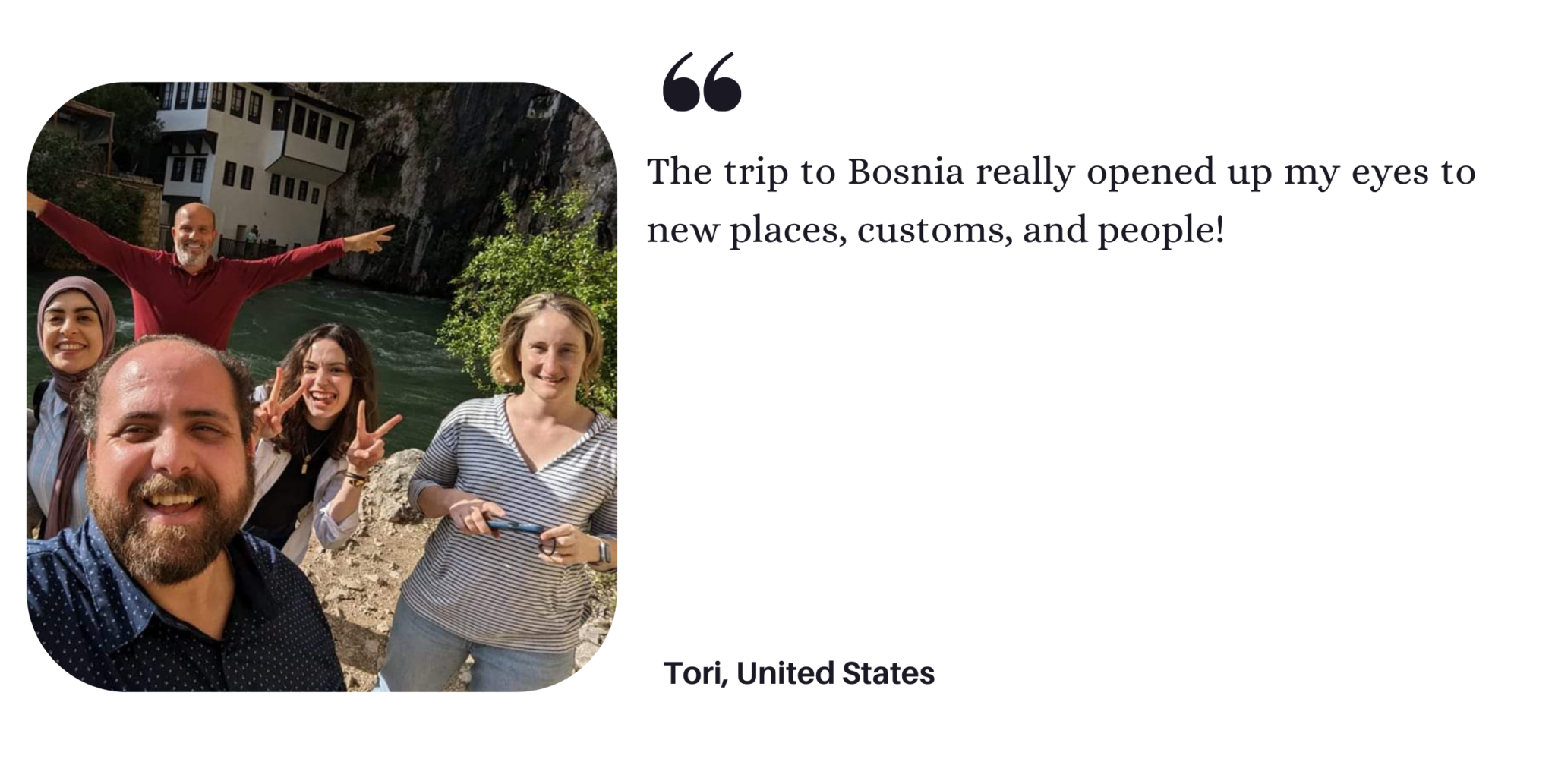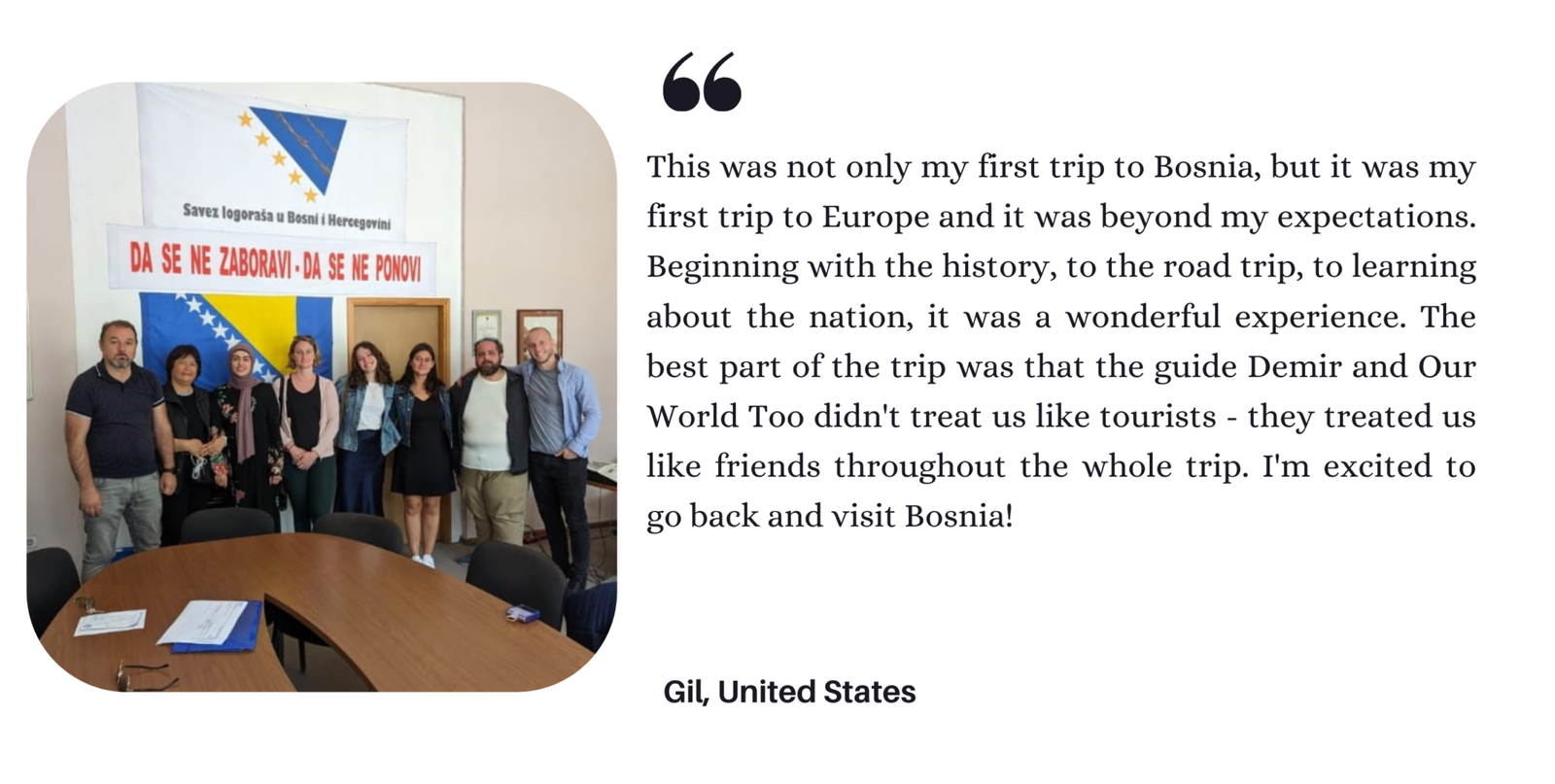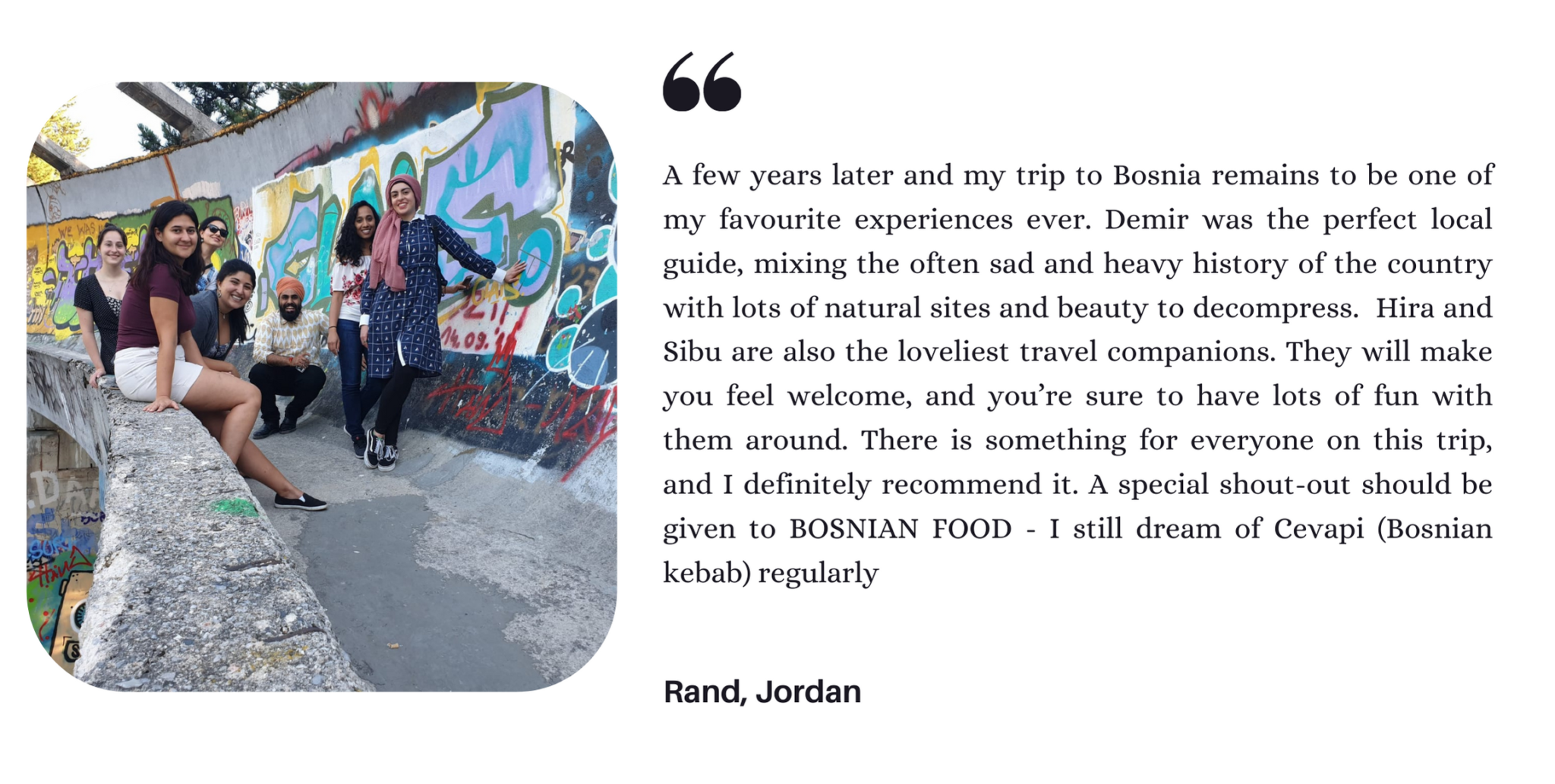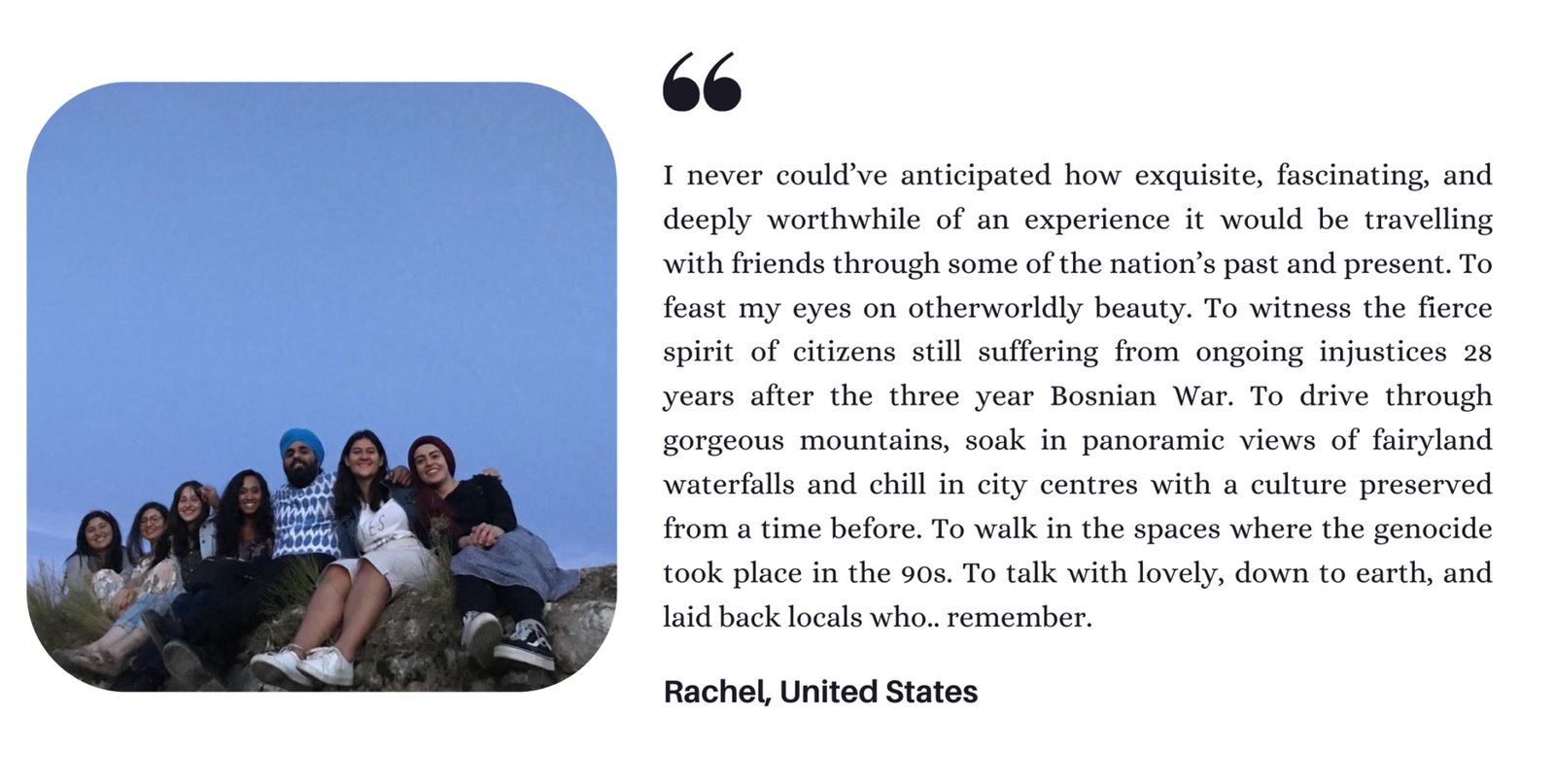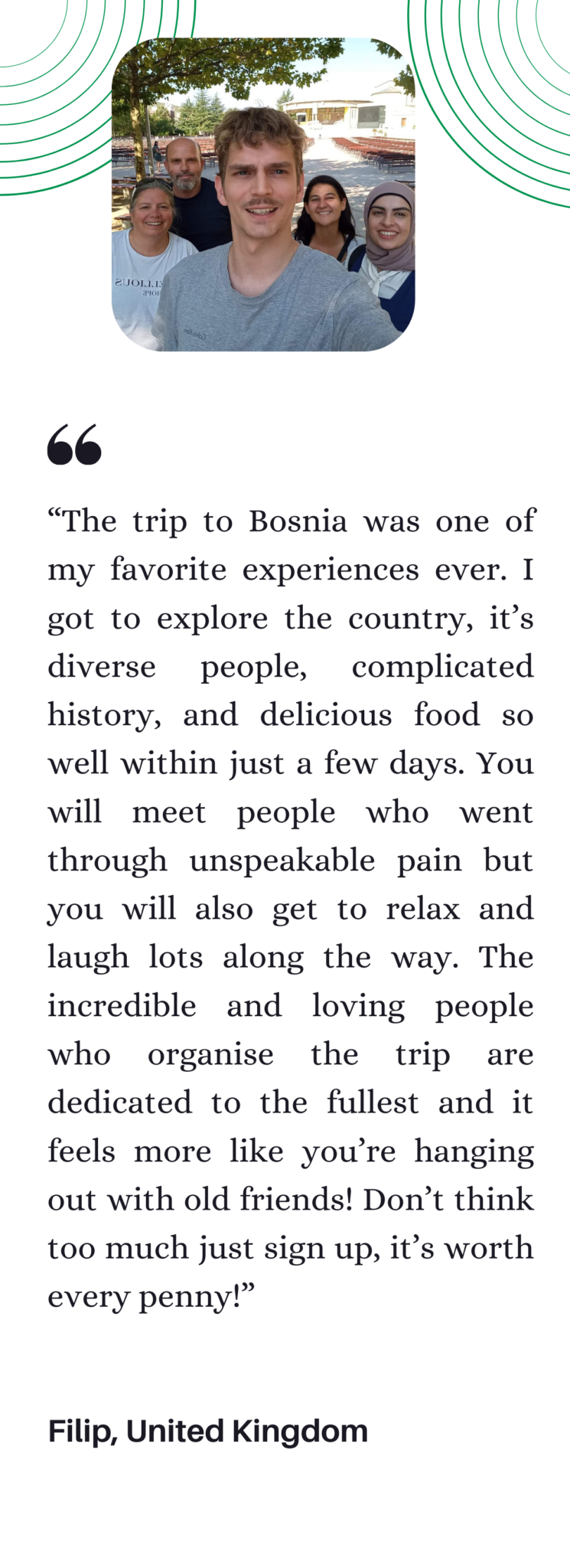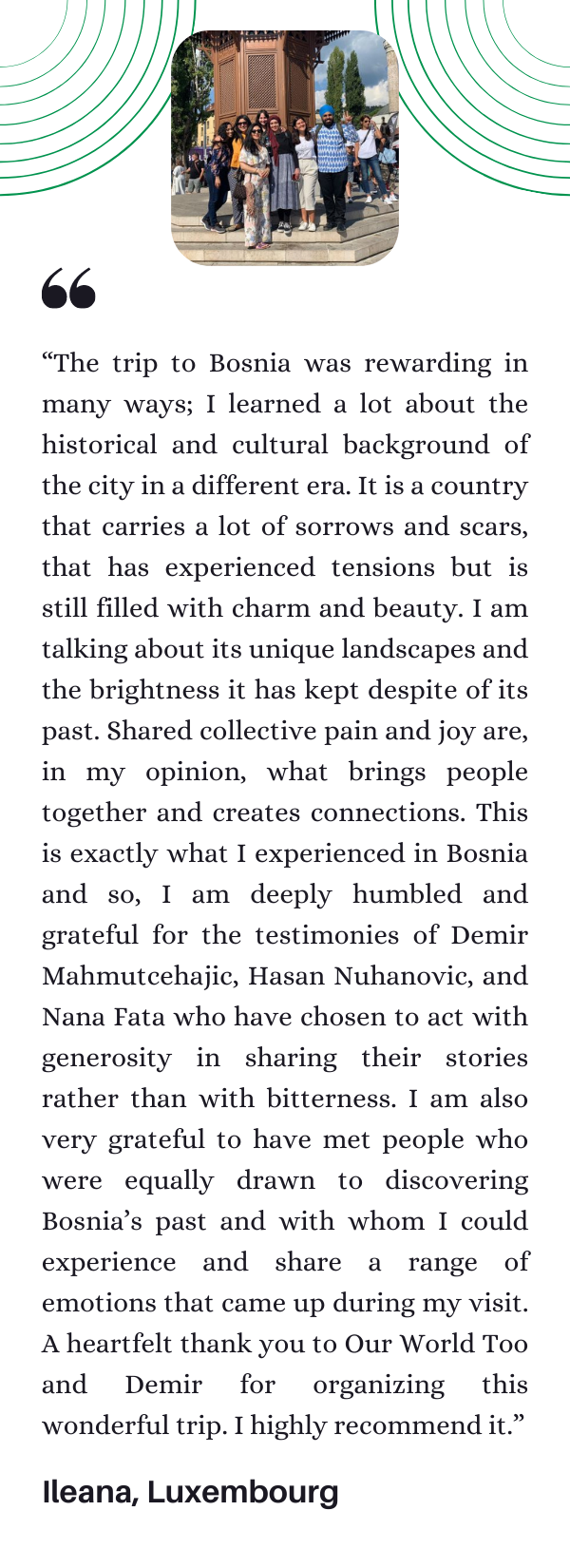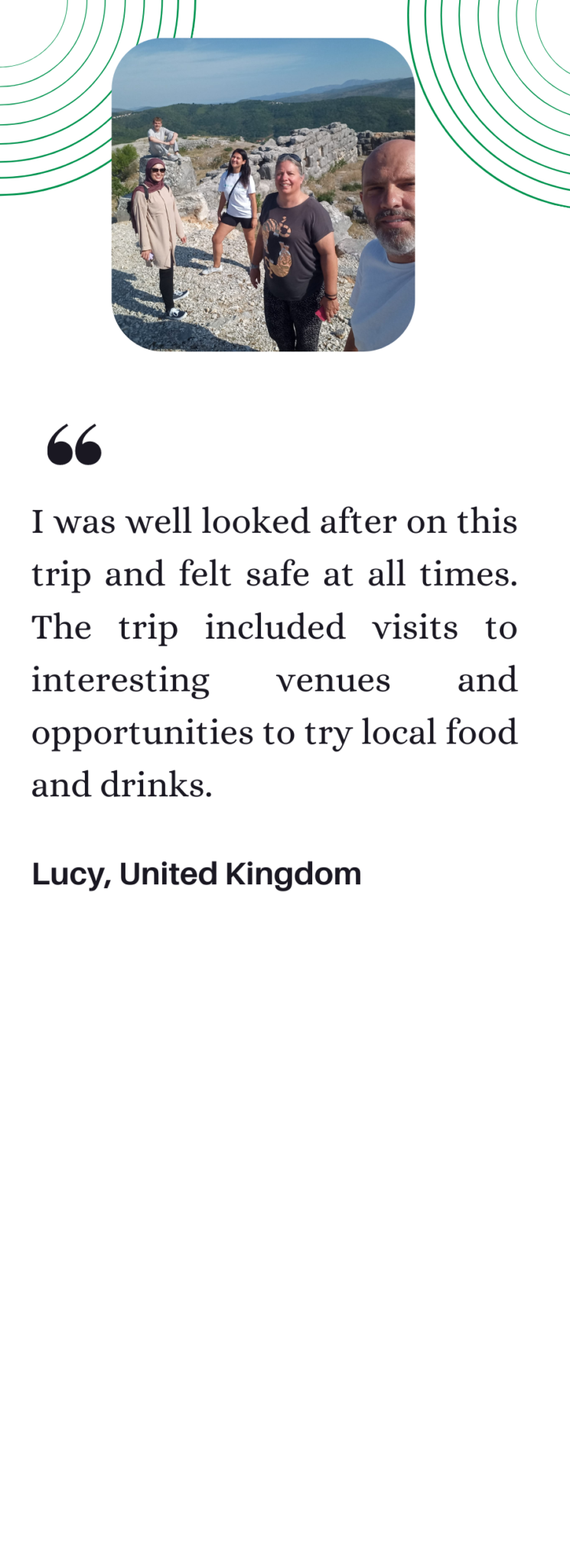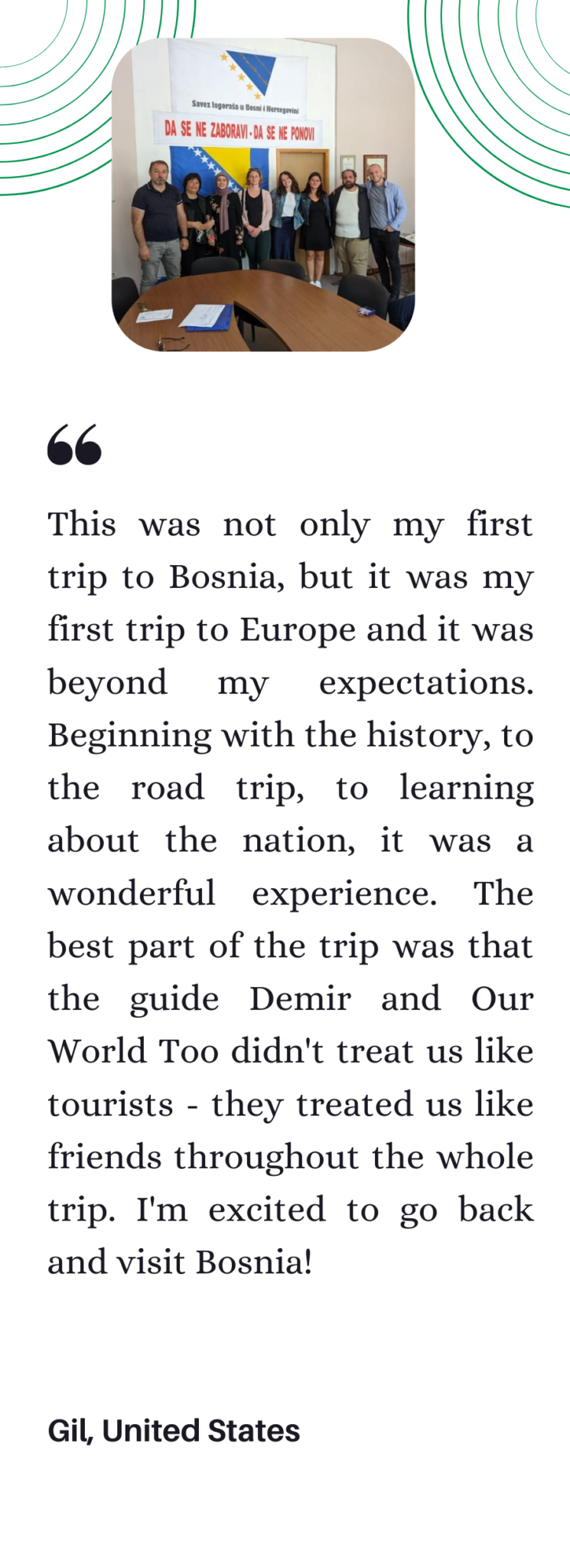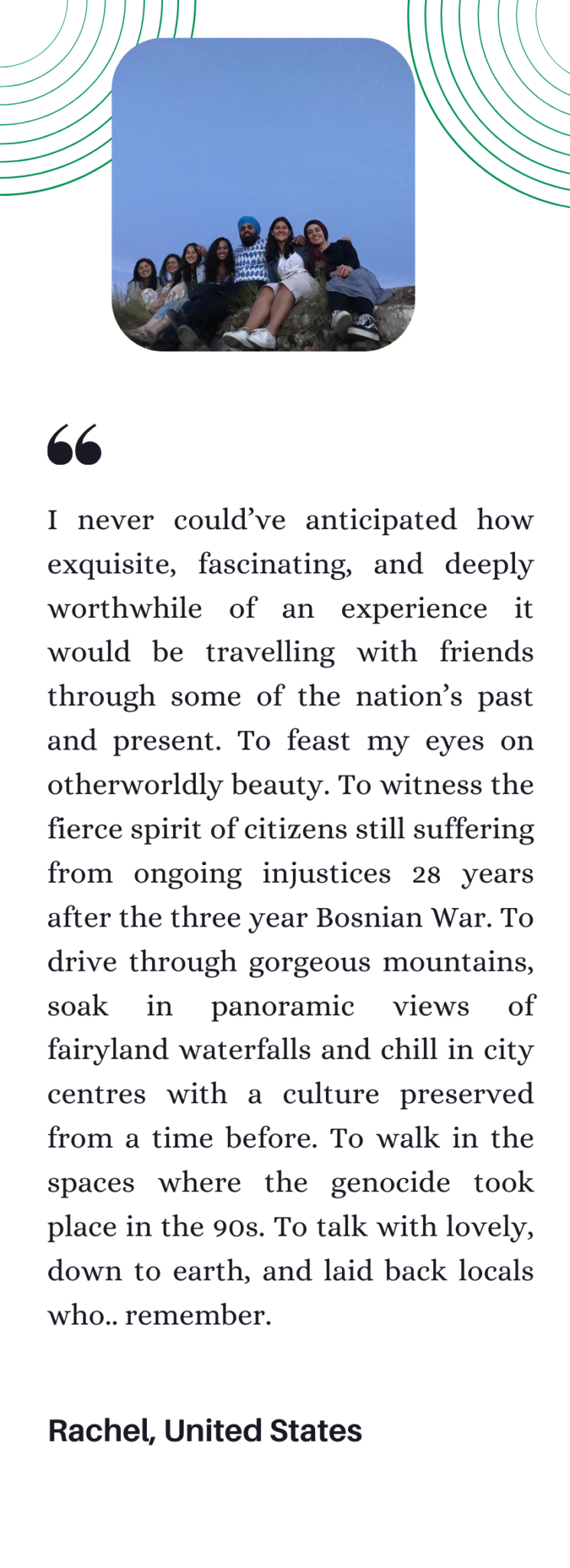Welcome to Podcasts
Lorem ipsum dolor sit amet, consectetur adipiscing elit. Quisque interdum at nisl in blandit. Vestibulum vitae placerat nunc. Duis a massa venenatis, elementum mi a, vestibulum dolor. Phasellus quis lacus arcu. Vivamus dictum lobortis nibh, condimentum porttitor justo semper in. Orci varius natoque penatibus et magnis dis parturient montes, nascetur ridiculus mus. Sed porta rutrum pellentesque. Donec interdum nunc non justo aliquet, ut lacinia leo finibus.
Trending Episodes
Explore our professional, curated podcast content.
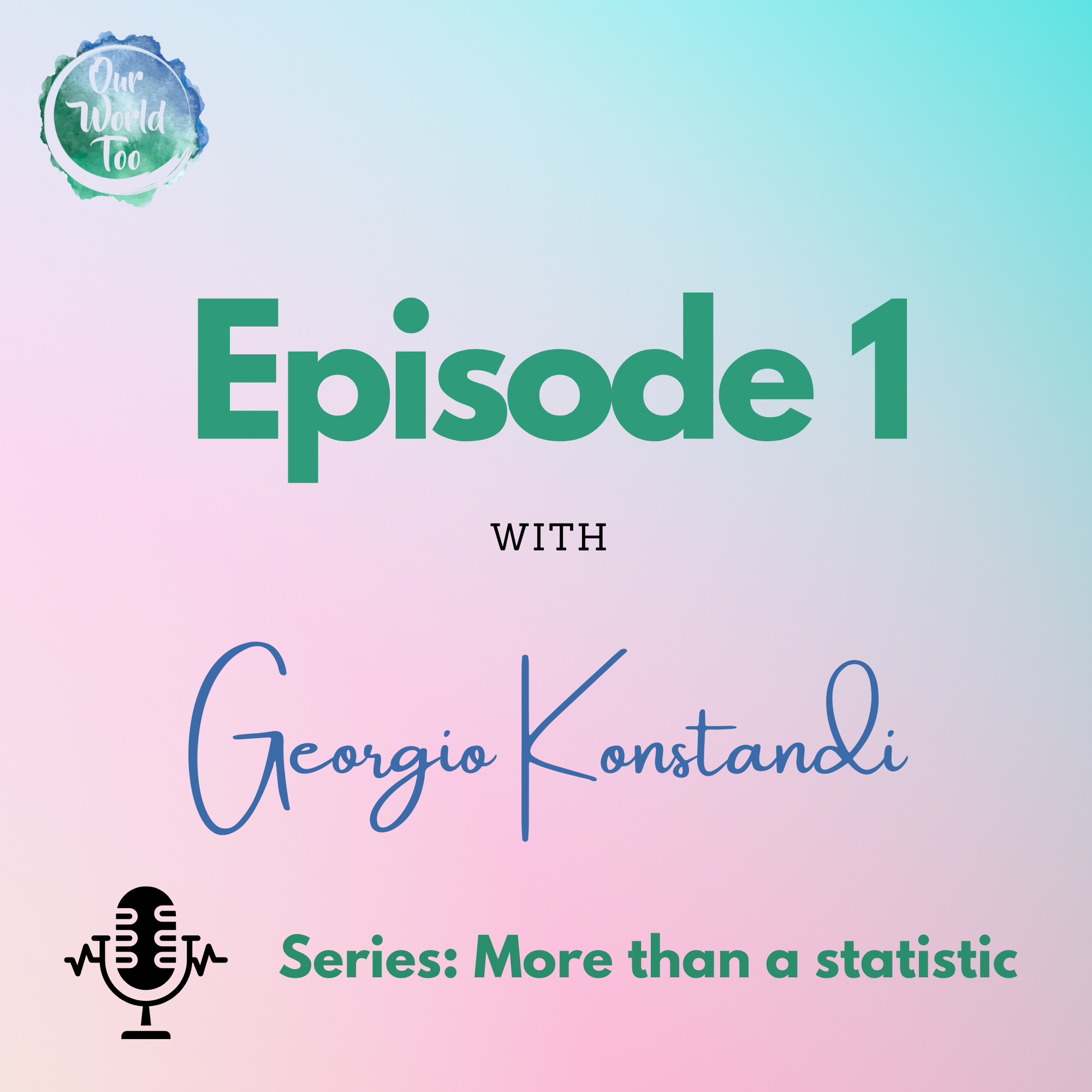
Recent Articles
Lorem ipsum dolor sit amet, consectetur adipiscing elit. Nulla fermentum enim nec velit lobortis, quis imperdiet nulla mollis. Etiam ut libero ipsum.
Fresh Content
Direct to Your Inbox
Just add your email and hit subscribe to stay informed.
